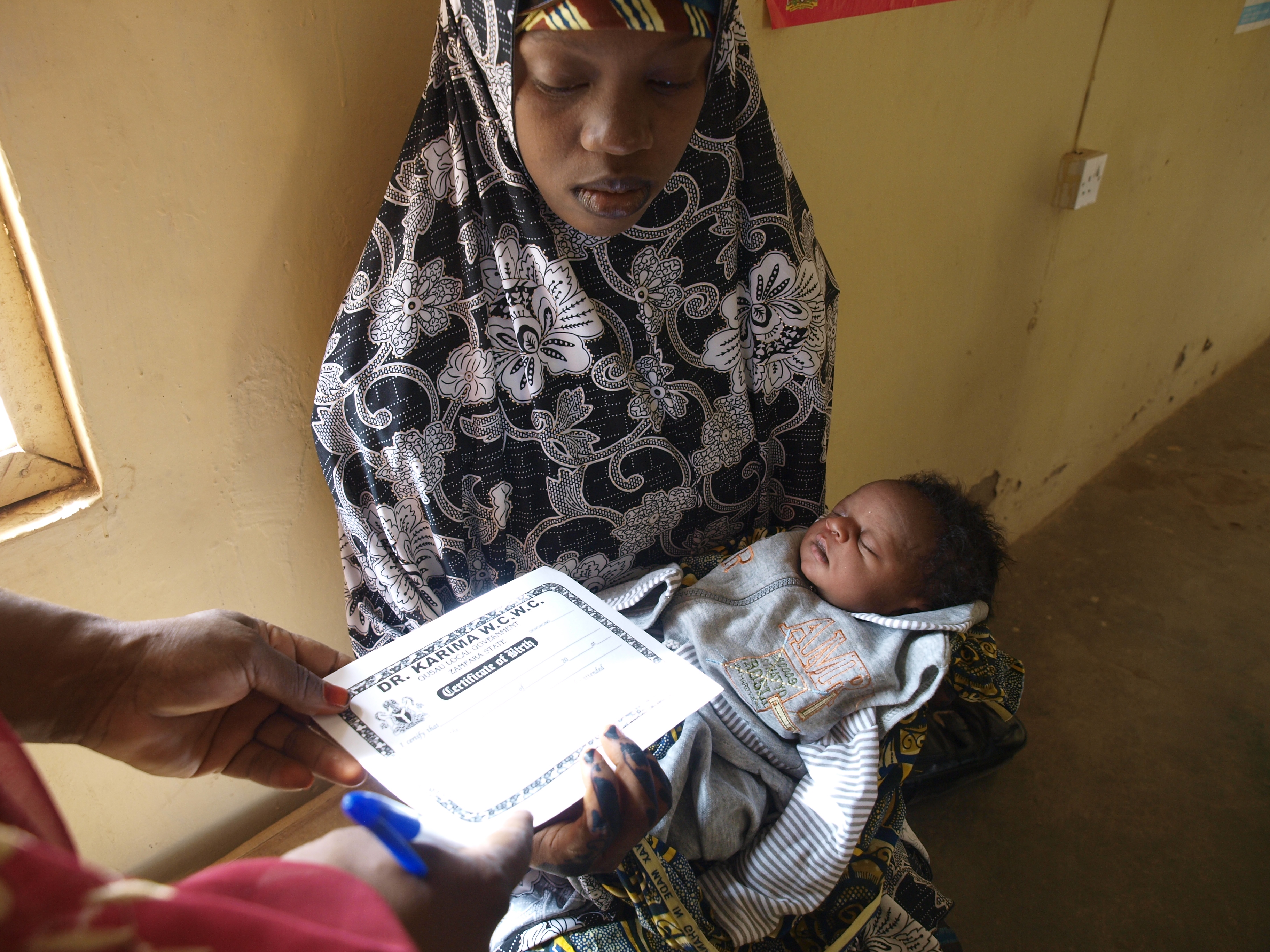- Home
- About
- Programs
- Focus States Strategy
- Peace and Democratic Governance
- Health, Population and Nutrition
- ACQUIRE Fistula Care
- DELIVER
- Family Planning and Reproductive Health Leadership Project
- Global HIV/AIDS Inititative Nigeria-Reproductive Health (GHAIN-RH)
- Improving Reproductive Health in Nigeria (IRHIN)
- Maternal and Child Health Integrated Program (MCHIP)
- President's Malaria Initiative (PMI)
- Voice of America- Hausa Service
- Education
- Economic Growth and Environment
- HIV/AIDS and Tuberculosis
- Fact Sheet Archive
- Newsroom
- Implementing Partners
- Useful Websites
- Contact Us
- Site Map




 Malaria is a major public health concern in Nigeria and is present throughout the country. It accounts for 60 percent of outpatient visits and 30 percent of hospitalizations among children under five years of age.
Malaria is a major public health concern in Nigeria and is present throughout the country. It accounts for 60 percent of outpatient visits and 30 percent of hospitalizations among children under five years of age.